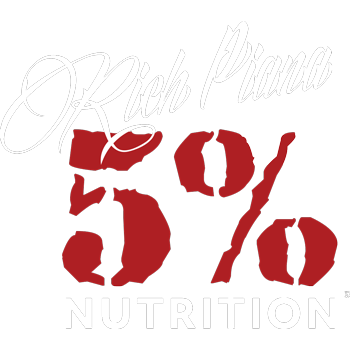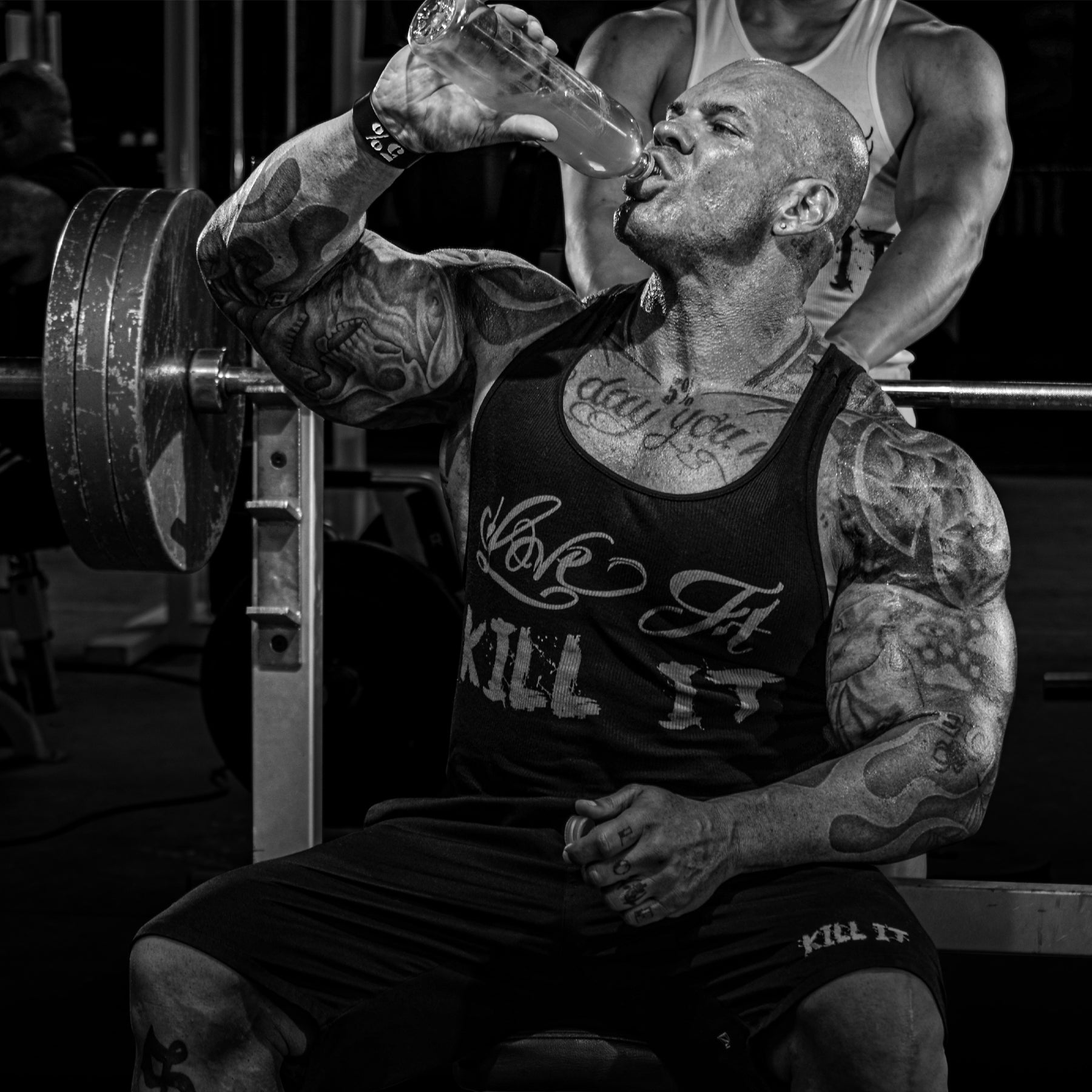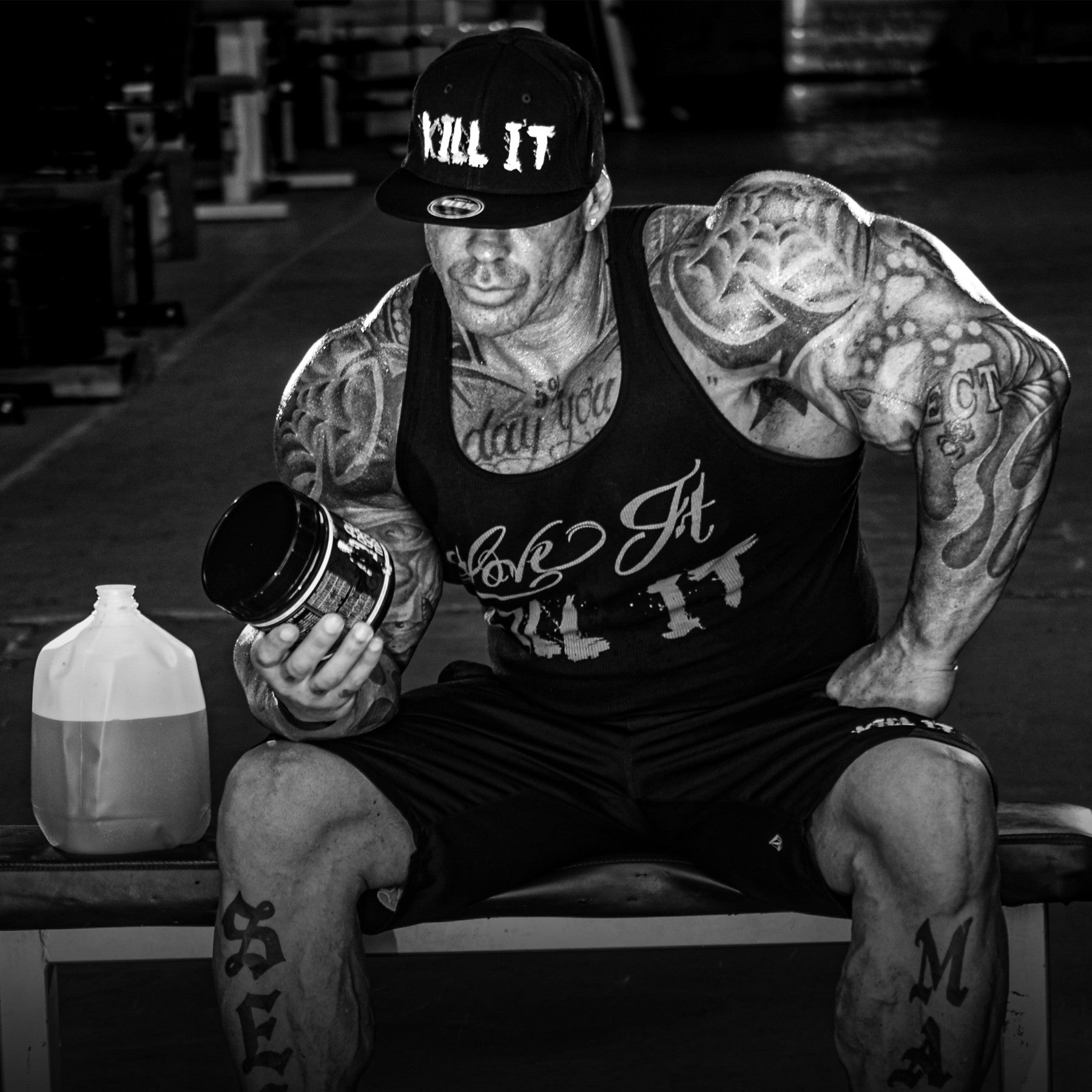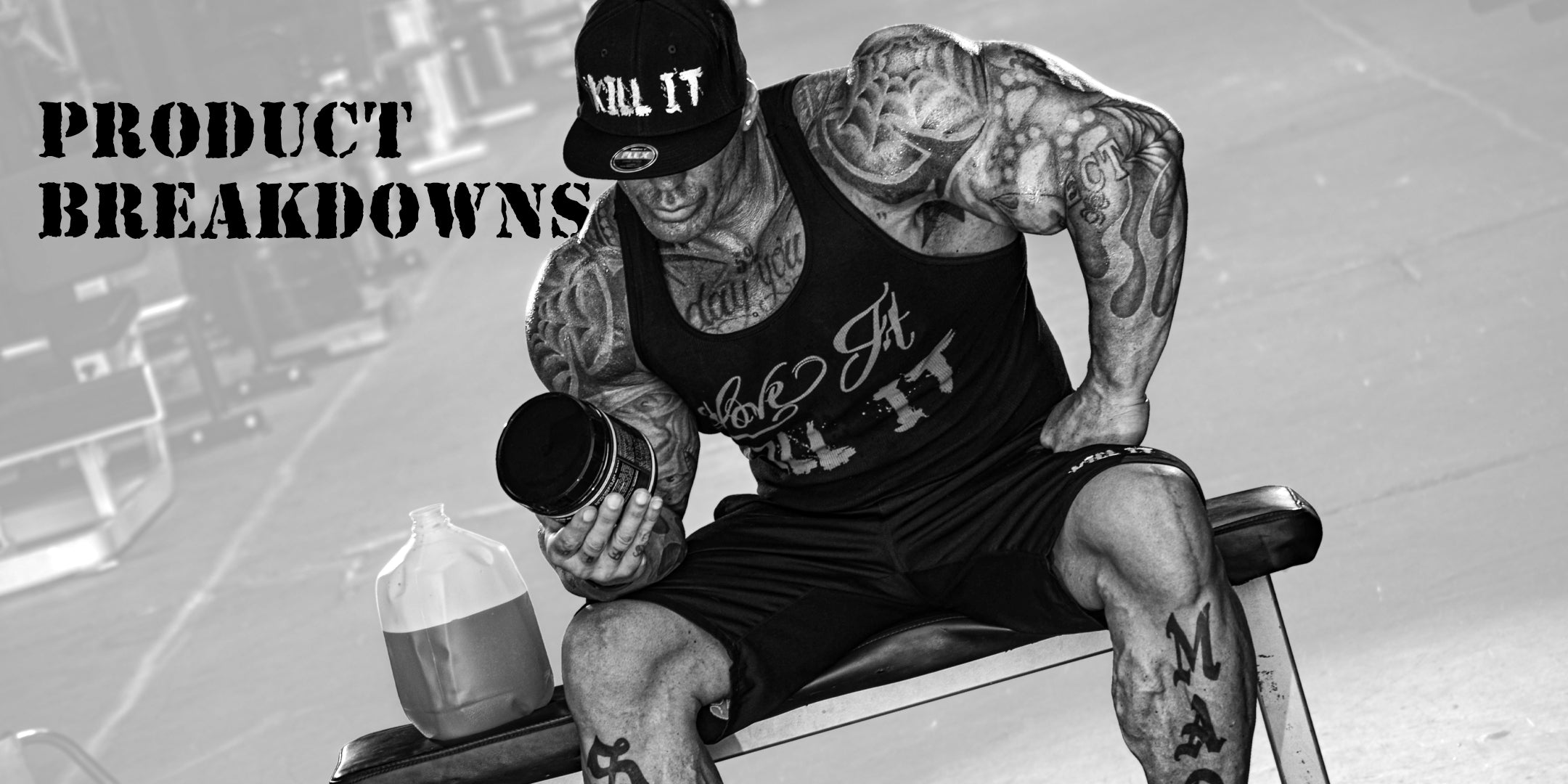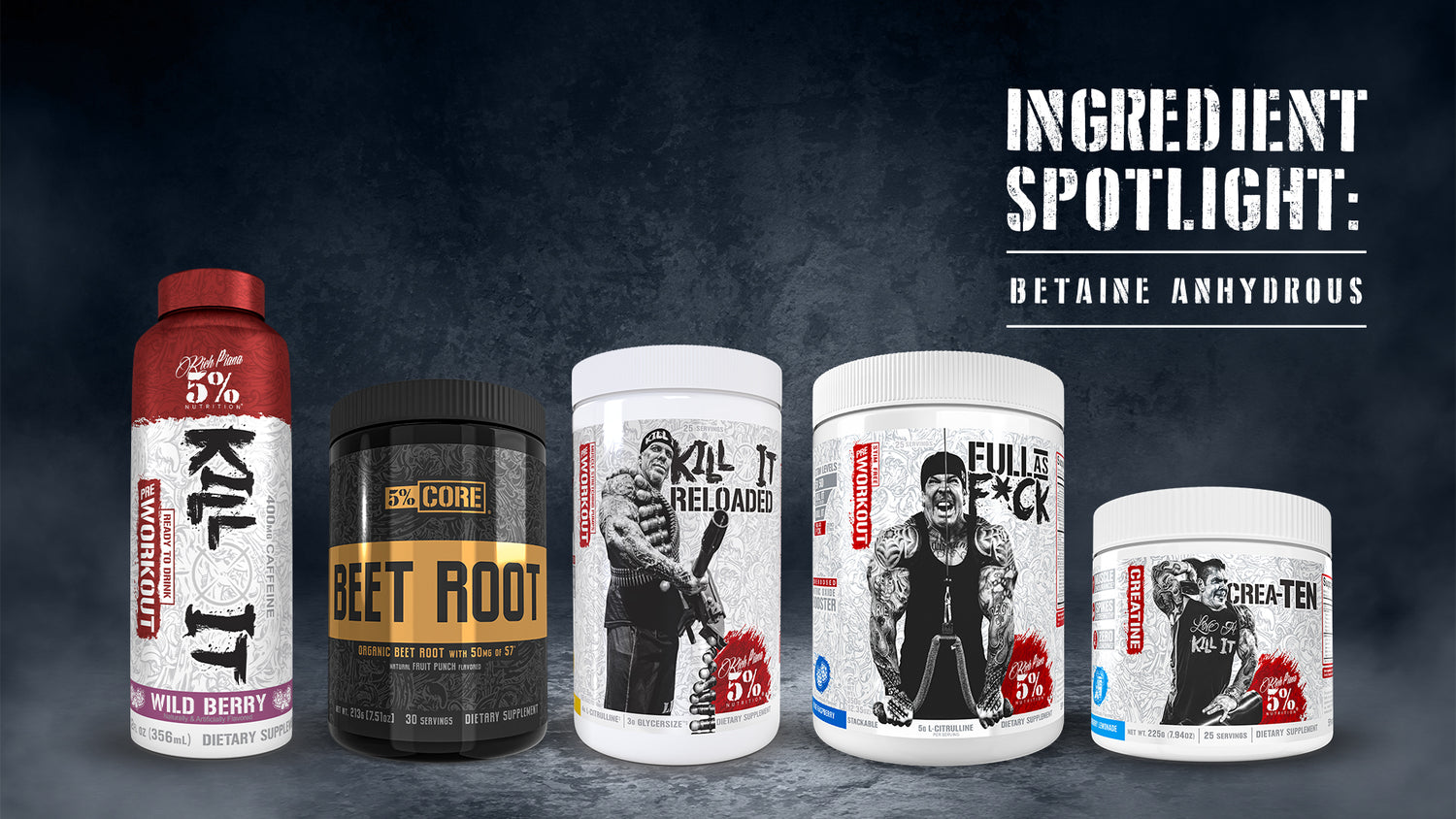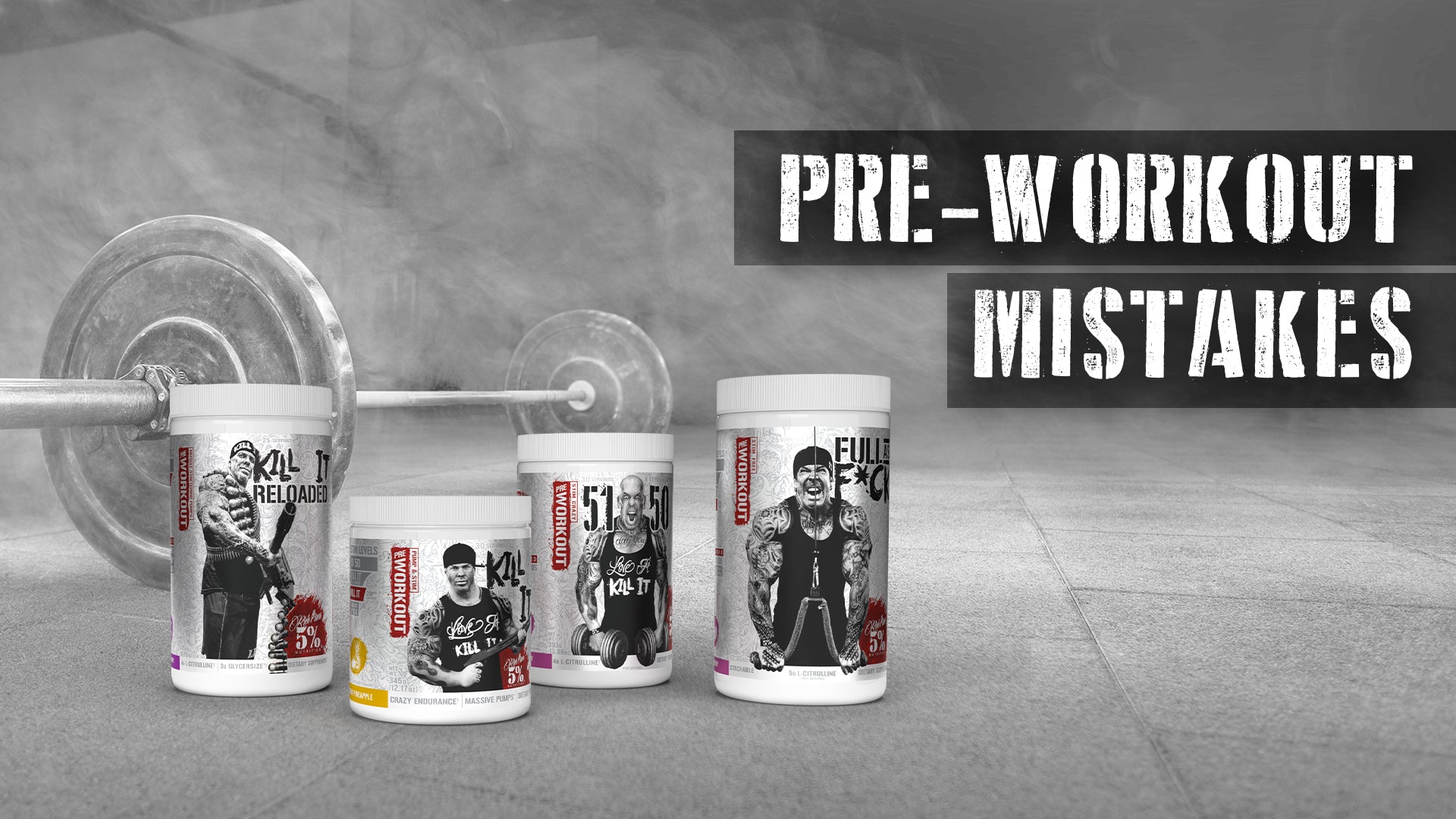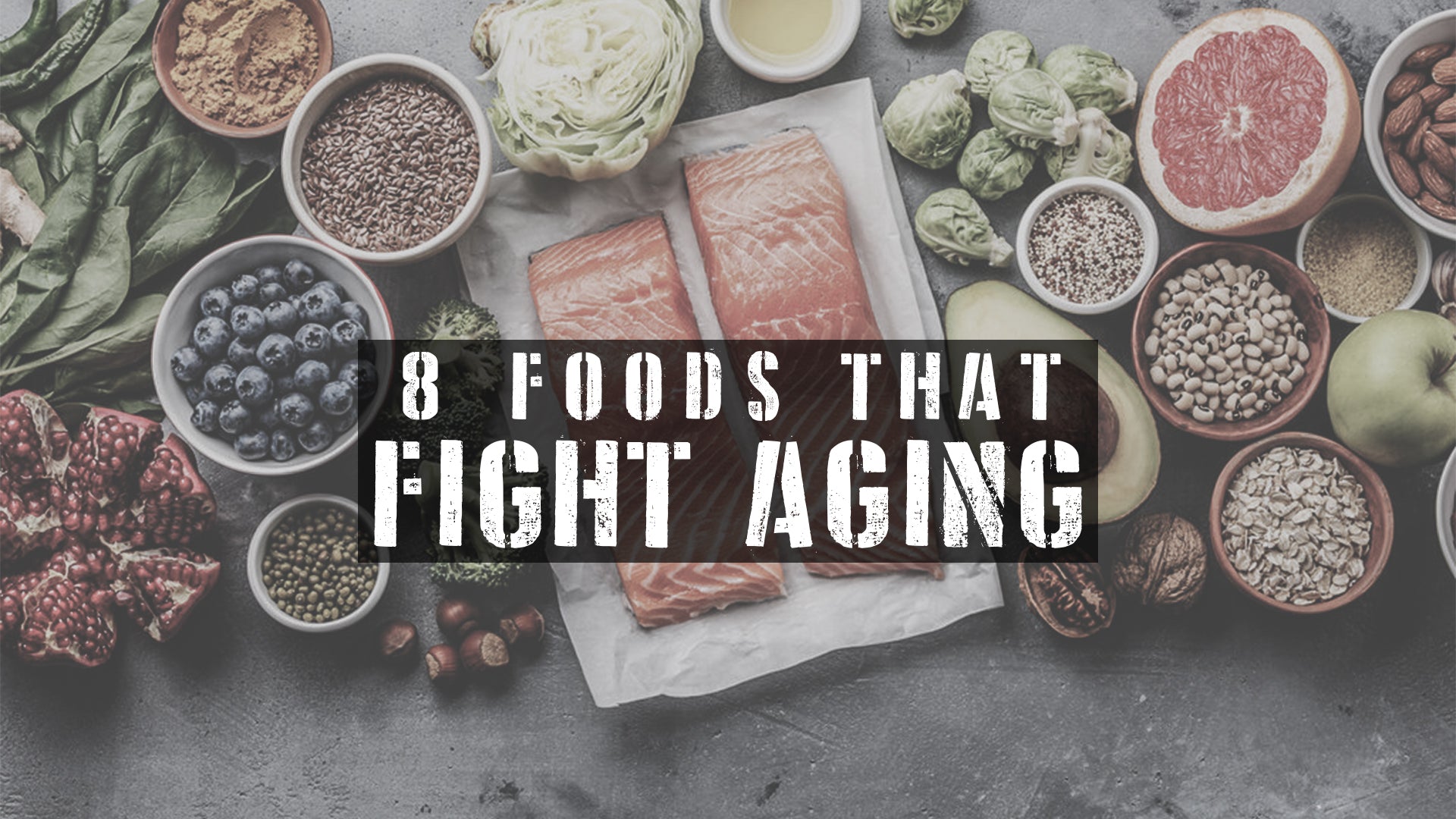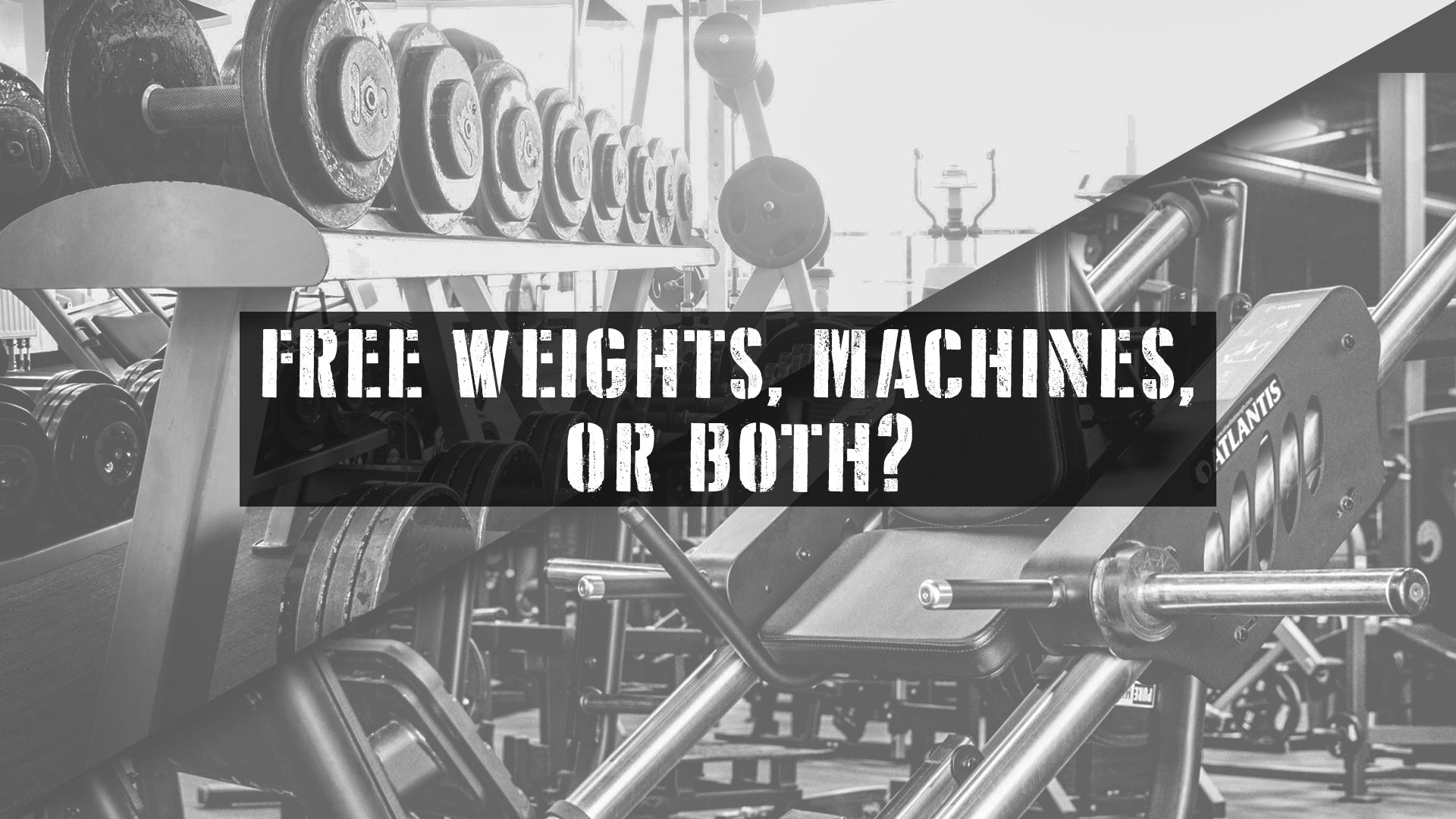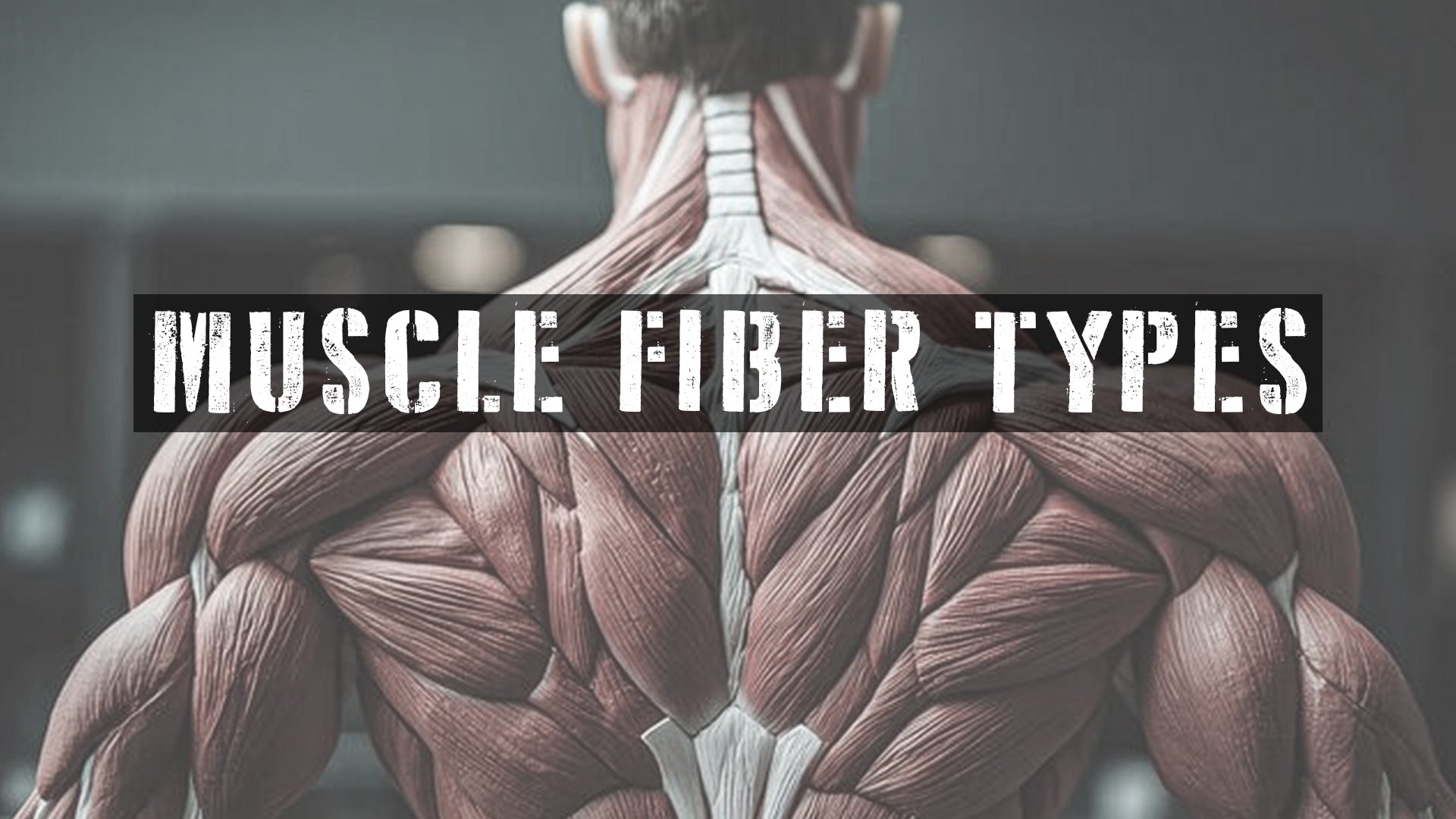One of the most popular ingredients in the pre-workout category is betaine. This is one of those ingredients that caused a buzz right away. One reason is that it has been compared to creatine. Another reason and part of the comparison is that betaine, like creatine, has potent osmotic properties. That means serious muscle volume. Of course, that’s not all it does. Ingredient Spotlight: Betaine breaks down everything you need to know about this exciting ingredient!
What Is Betaine?
Betaine, less commonly known as TMG or trimethylglycine, occurs naturally in beets, which is where it gets its name. Technically, it’s the amino acid glycine with three methyl groups attached. While you can find it as a stand-alone supplement, it has become a standard pre-workout ingredient. Also as noted, it is often compared to creatine in terms of benefits.(1)
The Benefits Of Betaine
Pulls Water Into The Muscle Cells
As noted, betaine is an osmolyte, which means it pulls water into your muscle cells. This supports hydration and increases muscle volume or water-based pumps.
Betaine Improves Strength
Betaine is a methyl donor, which is any molecule that transfers a methyl group to another molecule. What is a methyl group? It’s a carbon atom attached to three hydrogen atoms. There are several biochemical processes that depend on this transfer process, which is called methylation.
One key reaction to betaine performing this function ties into the methylation of homocysteine to create methionine. That’s an important part of the body's synthesis of creatine. By helping to increase creatine production in the body, betaine might increase strength, power, and size.
Plays An Important Role In Protein Synthesis
Of course, protein synthesis is a direct trigger of muscle growth. Methionine plays an important role in this process. By making more methionine available, betaine supports protein synthesis. (2,3,4,5)
The 5% Nutrition Products That Contain Betaine
Kill It Reloaded
This legendary pre-workout contains 1g of betaine per serving. It’s part of an exceptional N. O. Blend that also includes citrulline, GlycerSize™ glycerol, beta-alanine, taurine, and Nitrosigine®. Plus, there’s also a 2.5g Creatine Blend. That’s huge and shows the legendary 5% innovation.
Kill It RTD
This is our new ultra-convenient pre-workout RTD. One bottle provides an astounding 10g of glycerine (glycerol), 4 g of citrulline, and 1g of betaine. Try Kill It RTD today, it’s delicious and will help give you an amazing workout!
Crea-TEN
As Betaine Anhydrous. This is a form that has had all the moisture removed, making it more concentrated. It’s included in Crea-TEN as part of the Creatine Accelerate Blend. This one-of-a-kind complex is one more example of 5% innovation. It includes taurine, gymnema sylvestre extract, banaba, fenugreek, and Bioperine® Black Pepper.
Core Beet Root
Beet Root is a natural source of betaine. The interesting thing is that Beet Root is high in nitrates, which stimulate nitric oxide production. That means you experience both kinds of pumps: water-based and nitric oxide-based.
Full As F*ck
As Beet Root, which is, as noted, a great source of betaine. Of course, this legendary pump booster is packed with nitric oxide boosters and cell volumizers. These include citrulline, S7™, and GlycerSize™.
Recap
As you can see, betaine is an ingredient you should look for in your pre-workouts. Of course, 5% Nutrition has the insight to combine it with creatine and other cell volumizers. Regardless of the 5% product you choose to get your betaine, you can find the best solutions for all your supplement needs right here!
References:
- Craig S. A. (2004). Betaine in human nutrition. The American Journal of clinical nutrition, 80(3), 539–549. https://doi.org/10.1093/ajcn/80.3.539
- Aledo J. C. (2019). Methionine in proteins: The Cinderella of the proteinogenic amino acids. Protein science : a publication of the Protein Society, 28(10), 1785–1796. https://doi.org/10.1002/pro.3698
- Cholewa, J. M., Guimarães-Ferreira, L., & Zanchi, N. E. (2014). Effects of betaine on performance and body composition: a review of recent findings and potential mechanisms. Amino acids, 46(8), 1785–1793. https://doi.org/10.1007/s00726-014-1748-5
- Atkinson W, et al. Dietary and supplementary betaine: acute effects on plasma betaine and homocysteine concentrations under standard and post methionine load conditions in healthy male subjects. Am J Clin Nutr. 2008 Mar;87(3):577-85.
- Lee, E.C., Maresh, C.M., Kraemer, W.J. et al. Ergogenic effects of betaine supplementation on strength and power performance. J Int Soc Sports Nutr 7, 27 (2010). https://doi.org/10.1186/1550-2783-7-27
